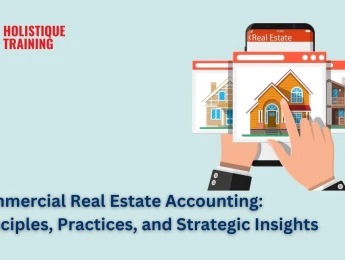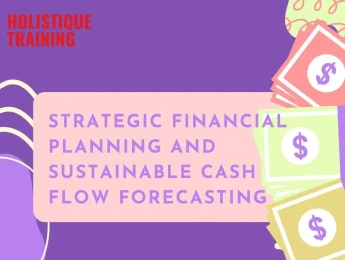Businesses need savvy budgeting systems and reporting techniques to ensure that money is allocated to the necessary areas to stay profitable and ahead of the competition.
Stakeholders and clients need to know that the money they invest in the business is used wisely. Implementing a budget management framework that uses funds to benefit everyone involved can be challenging. Your organisation's future depends on your prioritisation framework and budget allocation.
Budget management encompasses the whole of the business as it determines the amount you can spend on progression by updating systems and adding in automation. The amount you spend on your systems and processes also gives you a base figure to recruit those all-important employees that make your business run smoothly and allow you to become a competitive employer.
An accurate cost-benefit analysis of new processes, system changes, recruitment, and waste removal could mean the difference between a thriving and profitable company and one that haemorrhages money, creating a struggle to move forward.
Upon completion of this course, participants will be able to:
- Create effective business models focused on financial planning.
- Familiarise yourself with different types of budgeting and which would be most successful for your business.
- Identify areas of improvement and cost waste and work to save money.
- Understand how your project planning and staff management directly impact your finances.
- Create essential risk-management models to move your business forward securely.
- Identify opportunities for strategic development based on financial backing.
- Gain knowledge on various financial planning models to focus your projects.
- Develop action plans for budget recovery during times of overspending.
This course is great for anyone who manages department budgets or is in charge of change management and requires a financial plan to move forward. It would be particularly beneficial for:
- Business Owners
- Finance Managers
- Operations Managers
- Operations Directors
- Planning Managers
- Change Managers
- HR Personnel
This course uses a range of theory-based budgeting models to develop a usable framework and a cost-effective change plan. You will also participate in group discussions and trainer-led seminars to discover streamlining processes to remove waste from your organisation's future.
You will view real-life case studies and financial assessments to determine the risks and mistakes made by other businesses. Then, using lessons learned and accurate data analysis, you will understand ways to reduce costs and increase profits within your business.
Day 5 of each course is reserved for a Q&A session, which may occur off-site. For 10-day courses, this also applies to day 10
Section 1: Budgeting In Your Company
- How does your budget affect your business?
- Developing accurate accounting principles.
- The benefits of cost management.
- Delegating financial control.
- The value of money vs. time.
- Evaluating the different budget models.
Section 2: Budgeting Models
- Net Present Value (NPV).
- Internal Rate of Return (IRR).
- The Capital Budgeting Framework.
- Conducting a break-even analysis.
- Understanding direct and indirect costs.
- Activity-based costs and change analysis.
Section 3: Accounting - The Basics
- Record keeping and document storage.
- Understanding figures and how they relate to targets.
- Managing capital against business aims.
Section 4: Cost-Benefit & Risk Analysis
- Stress testing business models.
- Developing a sensitivity analysis.
- Understanding single points of failure.
- Enlisting budgeting terminology in your analysis.
- Ensuring profitability for your business.
Section 5: Process Waste Removal & Positive Cost Cutting
- Lean working and waste removal.
- Six Sigma business models.
- Understanding Discounted Cash Flow techniques (DCF)
- Successful appraisal techniques.
Section 6: Your Future Business Framework
- The power of automation over extra recruitment.
- The dangers of overspending.
- Creating budget and variance reporting.
- Planning models and control measures.
- Using reporting and data analysis to structure financial planning.
Section 7: Implementing Change To Adhere To Budgets
- The most successful cost allocations.
- Creating a budget for a new business model.
- KPIs and their effect on the budget.
- Recruitment and FTE requirements.
- Performance management and SMART target contributions.
- Stakeholder and client buy-in to achieve budget-friendly SLAs.
Upon successful completion of this training course, delegates will be awarded a Holistique Training Certificate of Completion. For those who attend and complete the online training course, a Holistique Training e-Certificate will be provided.
Holistique Training Certificates are accredited by the British Assessment Council (BAC) and The CPD Certification Service (CPD), and are certified under ISO 9001, ISO 21001, and ISO 29993 standards.
CPD credits for this course are granted by our Certificates and will be reflected on the Holistique Training Certificate of Completion. In accordance with the standards of The CPD Certification Service, one CPD credit is awarded per hour of course attendance. A maximum of 50 CPD credits can be claimed for any single course we currently offer.
- Course Code PF1-104
- Course Format Classroom, Online,
- Duration 5 days














